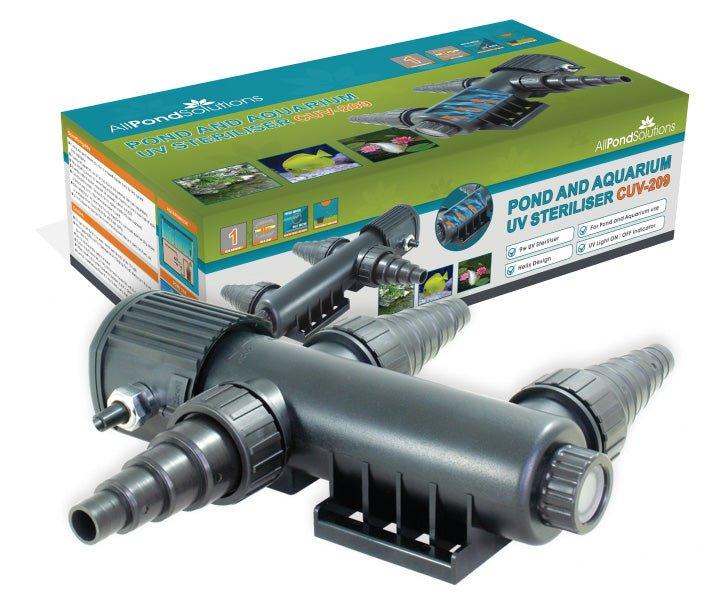Aquarium Filters: Which One Should You Choose?
Apart from food and water, what is the one thing that you need to ensure the survival of your fish? Yes, it’s a filter. Efficient filtration not only cleans dirt and waste but also maintains essential water flow in your tank. Now filters can sometimes be tricky to understand so here are the key questions that you should ask yourself before deciding which filter to buy.
What Level of Filtration Do I Need?
Depending on the size of the tank, you will need different levels of filtration. For tanks more than 30 gallons, it is best to consider canister filters but for smaller tanks you could opt for power filters or underwater filters. Manufacturers give a recommended tank size on the filter and the flow rate is measured by GPH (gallon per hour). The level of filtration also depends on how stocked up your tank is. Always go one step up then the suggested stock level to ensure that your filter can handle a higher power just in case.
What is My Budget?
Before you consider splashing out of the flashiest filter, consider your needs and budget first. Sponge filters are the simplest and cheapest form of filter and power filters are also low budget but efficient. One of the main benefits of buying more expensive filters such as canister or wet/dry filters is that they are much quieter than cheaper models so it’s worth weighing out the pros and cons before you invest.
How Much Time Do I Have?
All filters need maintenance to ensure the system is kept at optimum performance. But how regular and what kind of maintenance that is depends on the filter you choose. Hang-on-the-tank filters are good for tanks that aren't overstocked or overfed as the filter pad just needs changing monthly and a thorough clean is needed every two months whereas canister filters are better for a tank with fish that produce more waste.
Be sure to understand how your filter works so that you can get it serviced for proper maintenance. Opt for a simpler one if you have less time to keep checking it and pick a durable one if your tank gets quite dirty or if you might forget to change it. A general rule is that the more filtration, the better it is. With the exception of fish that can’t handle strong currents, the more efficient your filtration system is, the happier your fish will be.
